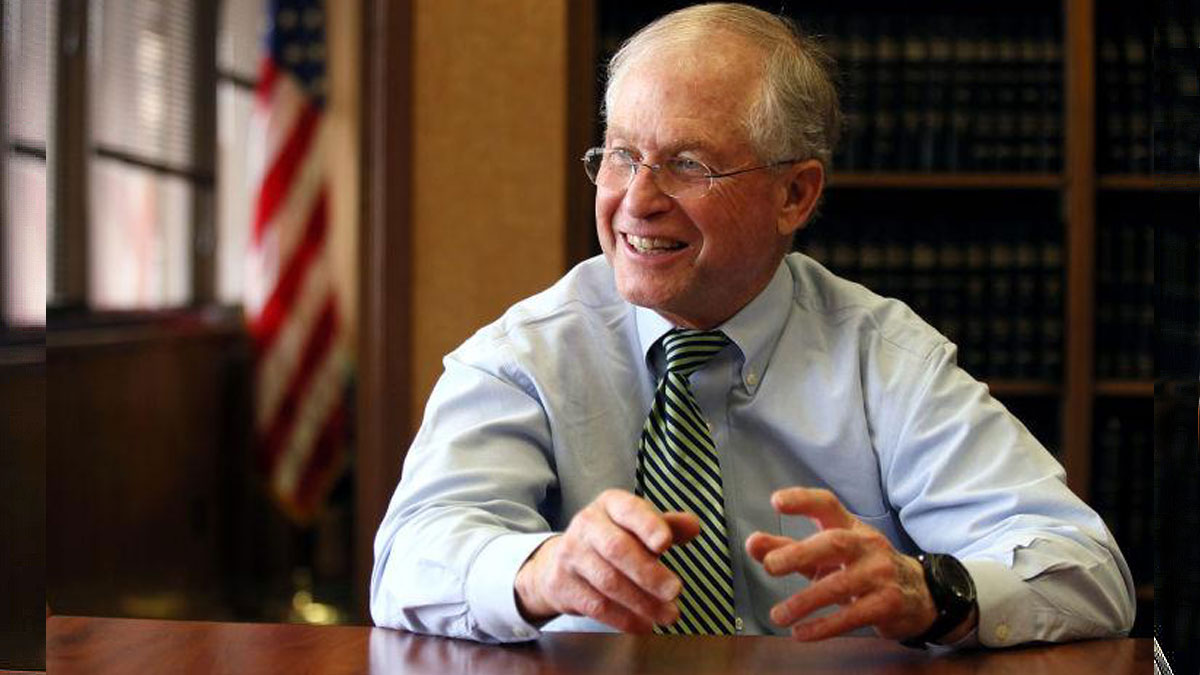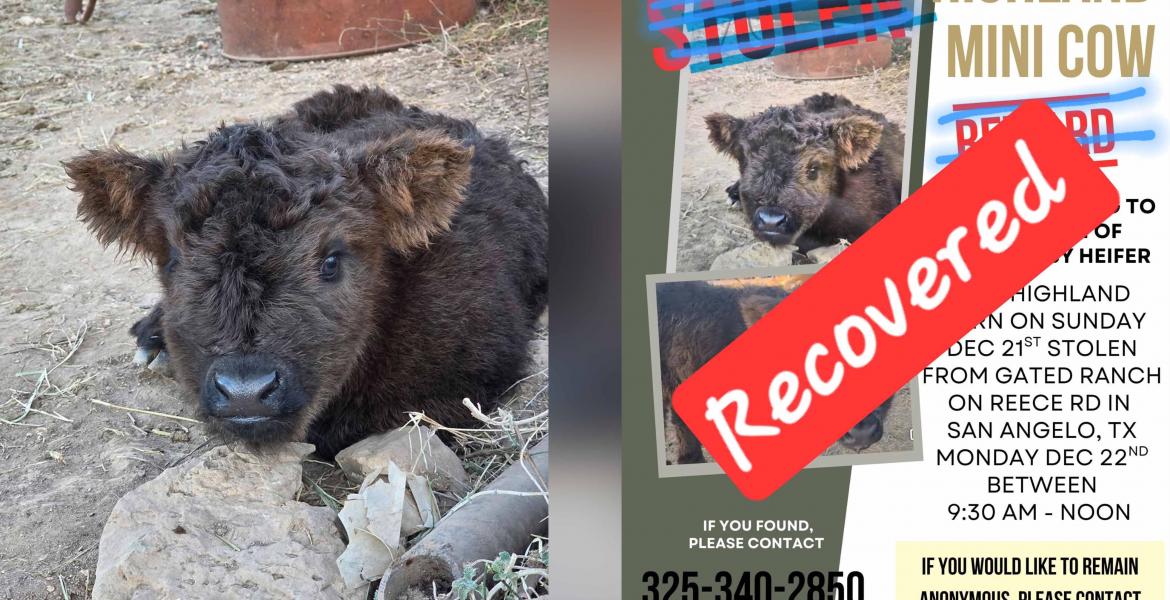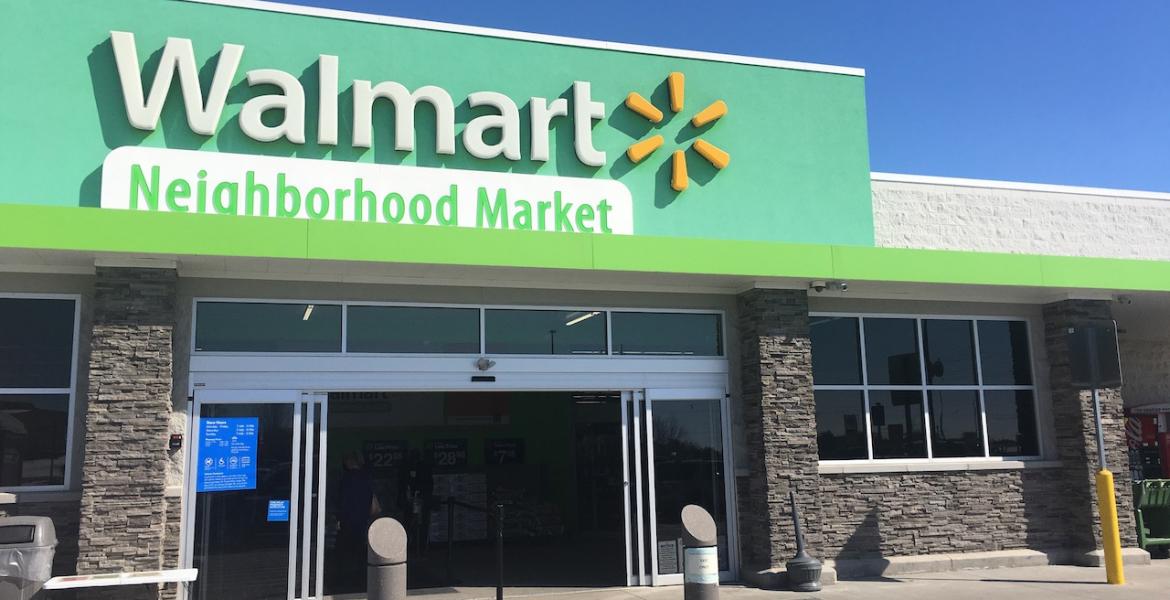SAN ANGELO, TX — San Angelo is mourning the loss of Robert Alan Junell, a dedicated public servant whose career spanned the halls of the Texas Legislature and the federal bench. Junell, who passed away on November 1, 2025, at the age of 78, leaves behind a legacy of integrity, pragmatism, and unwavering commitment to his region.
Born in 1947 in El Paso, Junell's life was marked by a blend of academic achievement, military service, and a deep-rooted passion for improving the lives of those in rural West Texas.
Junell's early years laid a strong foundation for his future endeavors. He earned an Associate of Arts from the New Mexico Military Institute in 1967, followed by a Bachelor of Science from Texas Tech University in 1969, where he distinguished himself as a standout linebacker for the Red Raiders football team, notably contributing to a memorable victory over the No. 8 Texas Longhorns.
After serving in the United States Army from 1970 to 1973—reaching the rank of captain while stationed in Germany—he pursued further education, obtaining a Master of Science from the University of Arkansas in 1974 and a Juris Doctor from Texas Tech University School of Law in 1976.
Entering private legal practice in Texas from 1977 to 2003, Junell honed his skills before transitioning to politics, driven by a desire to tackle local challenges in his underserved district.
Elected as a Democrat to the Texas House of Representatives in 1988, Junell represented District 72—a sprawling rural area including San Angelo—for seven terms, from January 1989 to January 2003.
His rise was swift; he chaired the powerful House Appropriations Committee for the last decade of his tenure, overseeing the state's biennial budget and navigating complex negotiations to ensure funding for essential programs.
Junell's pragmatic approach allowed him to work across party lines during a period of political transition in Texas, earning him respect from colleagues on both sides of the aisle. He also served on the Federal Budget & Taxation Committee and chaired the Task Force on State, Local Taxation of Telecommunications, and E-Commerce, reflecting his focus on fiscal policy and emerging economic issues.
Junell's impact on West Texas was profound and tangible. As Appropriations Chair, he secured funding for critical infrastructure projects that transformed his district and San Angelo. These included the completion of the Houston Harte Expressway in San Angelo after a 45-year delay—a key east-west throughway that had languished despite cleared rights-of-way and partial infrastructure, leading to a chaotic setup with access roads and frequent stoplights but no actual freeway for decades.
Named after San Angelo native and publishing magnate Houston Harte, the expressway is a four-lane freeway segment of U.S. Route 67, serving as a bypass around downtown San Angelo to improve regional connectivity and traffic flow.
Junell played a pivotal role by obtaining state funding to overcome the longstanding delays and complete the project, and in tribute to his efforts, the overpass where the expressway crosses North Bryant Boulevard at U.S. 67 and U.S. 87 was dedicated as the Robert A. Junell Overpass in a 2009 ceremony. Other achievements included the establishment of San Angelo State Park, the West Texas Training Center, the Ralph Chase state office building, and the San Angelo Museum of Fine Arts.
One of his key preservation efforts involved the South Orient Rail Line (also known as the South Orient Railroad or SORR), a historic 391-mile railroad originally built in the early 1900s as part of the Kansas City, Mexico and Orient Railway. In the early 1990s, the line—then owned by the Atchison, Topeka and Santa Fe Railway—faced abandonment or scrapping, threatening economic lifelines for agriculture, oil, gas, and potential cross-border trade in underserved West Texas communities. Junell intervened decisively in the late 1990s and early 2000s, advocating for state funding that enabled the Texas Department of Transportation (TxDOT) to purchase the line in 2001.
The railroad line starts at San Angelo Junction (between Coleman and Santa Anna in Coleman County, about 65 miles northeast of San Angelo) and extends southwest through San Angelo, Mertzon, Big Lake, Fort Stockton, and Alpine, ending at Presidio on the U.S.-Mexico border along the Rio Grande, where it connects to Mexican rail via the Presidio–Ojinaga International Rail Bridge. Today, it is operated by Texas Pacifico Transportation, a subsidiary of Grupo México, as a Class III railroad, continuing to support regional commerce.
Junell also supported brush-clearing initiatives for watersheds to aid local farmers and expanded enrollment in the state's children's health insurance program to improve rural healthcare access.
Collaborating with House Speaker Pete Laney and Senate Finance Chair Bill Ratliff, Junell pushed for constitutional reforms aimed at modernizing Texas governance, including proposals for longer legislative terms and preserving the Bill of Rights.
His legislative efforts extended to agriculture and state operations, sponsoring bills like HB 1592 (1999) to enhance agricultural standards, HB 1687 (2001) for program expansions, and contributing to the 2003 overhaul of Texas insurance regulations.
Recognized as one of the "best legislators" in 1991 by Texas Monthly for his skillful negotiations, Junell's moderate Democratic stance prioritized public programs and regional development.
In 2003, President George W. Bush, a Republican, nominated Democrat Junell to the U.S. District Court for the Western District of Texas, where he was confirmed by the Senate and served actively until assuming senior status in 2015.
Based in Midland, he presided over a broad array of cases in a district spanning El Paso, San Antonio, and West Texas, bringing the same sense of fairness and dedication that defined his legislative years.
Beyond his professional accomplishments, Junell was a man of deep faith, humor, and family values. He married Beverly Singley in 1968, and together they raised a family; she predeceased him in 2020.
Tributes from figures like his successor Texas Rep. Drew Darby, who called him the embodiment of West Texas's best qualities, and friends such as journalist and Concho Valley historian Gus Clemens, who hailed him as "the most consequential San Angeloan of the last 75 years," underscore his enduring influence.
His advocacy extended to education, notably securing funding for developments at Angelo State University (ASU), including a computer building and the Junell Center/Stephens Arena—a multi-purpose facility opened in 2002 that hosts athletics, commencements, and community events. Notably, the Junell Center is named after his father, Robert Frank "Frank" Junell, a prominent civic leader and banker, rather than Robert himself, though the younger Junell's legislative efforts were key to its realization.
Robert A. Junell's life was a testament to the power of public service in shaping communities. From the gridiron to the courtroom, his energy and integrity inspired many, ensuring West Texas's voice was heard in Austin and beyond. He will be deeply missed, but his contributions will endure for generations.

Robert Alan Junell
Subscribe to the LIVE! Daily
Required






Post a comment to this article here: